1. Ethiopia
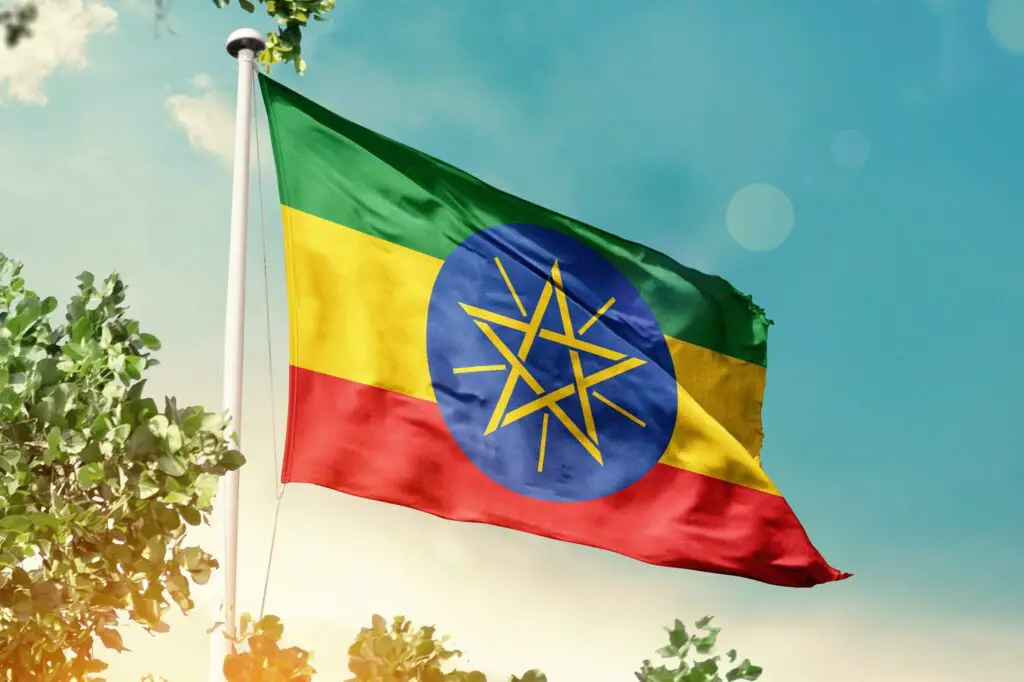
If you land in Ethiopia and someone tells you to meet them at 3 o’clock, don’t be surprised if they show up six hours later. That’s because Ethiopia uses a 12-hour clock that resets at sunrise and sunset, so 6 a.m. on your watch is actually 12 o’clock in Ethiopian time. The day starts when the sun rises, which makes a lot of sense if you think about it—time is based on natural light, not a man-made schedule shares the World from PRX.
What makes it even more unique is that Ethiopia still uses its own calendar too, which is about seven or eight years behind the Gregorian one. So technically, you could hop on a plane and land in a different year. If that doesn’t mess with your internal clock, nothing will. It’s a whole new way of living, and it really changes how people relate to time. In Ethiopia, punctuality is fluid, and life runs at its own pace adds Reddit.
2. Nepal
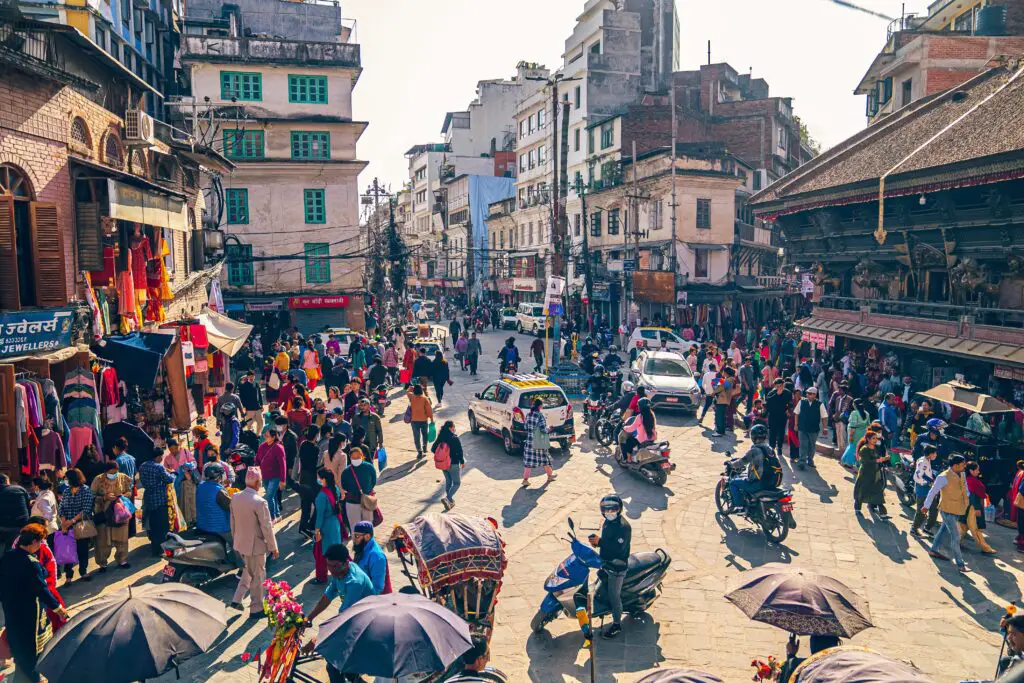
Nepal has its own twist on time—literally. The country runs on Nepal Standard Time, which is UTC +5:45. That 45-minute offset makes it one of the only places in the world with a time zone that’s not set on the hour or even the half-hour. So when it’s noon in India, it’s 12:15 in Nepal, and that tiny difference is a big point of national pride shares Wikipedia.
This quirky time choice is tied to Gaurishankar, a mountain east of Kathmandu, instead of the more obvious Mount Everest. It’s a symbolic nod to local geography and culture. It also gives the country a unique identity, one that stands apart from its powerful neighbors adds Time and Date. While the rest of the world rounds time up or down, Nepal just says, “We’ll do it our way.”
3. Iran
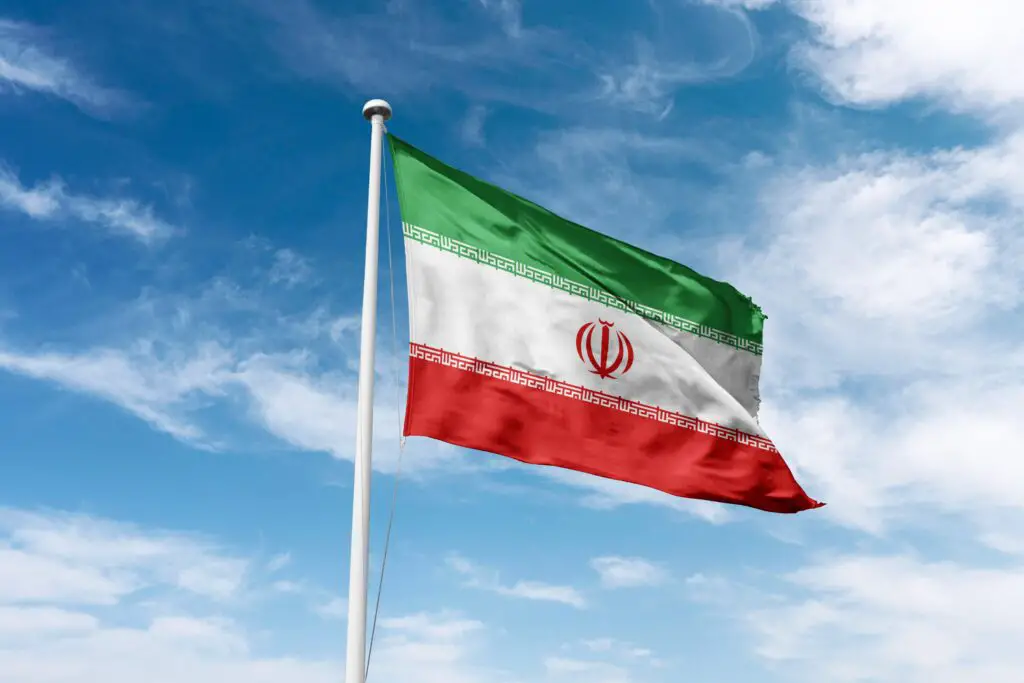
Iran doesn’t just adjust clocks for daylight saving time like other countries, it also starts its new year on a totally different schedule. The Iranian calendar is solar and begins on the first day of spring, right around March 21. Known as Nowruz, it’s a huge cultural celebration that lines up perfectly with the vernal equinox.
Daily timekeeping in Iran also has roots in ancient Zoroastrian practices. Even prayer times are set according to solar patterns rather than the ticking of the clock. That kind of relationship with nature shapes how people organize their day. It’s less about rigid appointments and more about balance with the environment. For Iranians, time is seasonal and spiritual, not mechanical.
4. Samoa

If you think jet lag is bad, try what Samoa did in 2011—they skipped an entire day. On December 29, they went to bed and woke up on December 31, completely erasing December 30 from existence. This wasn’t a glitch, it was a government decision to switch time zones and align better with trading partners like Australia and New Zealand.
Before the switch, Samoa was 21 hours behind Sydney. Afterward, they were just three hours ahead. That meant they were now starting the workweek at the same time as their biggest business partners, not a day later. It’s one of the rare times a country deliberately rewrote its calendar for economic convenience. Imagine having your birthday on December 30 and just never getting to celebrate it.
5. North Korea
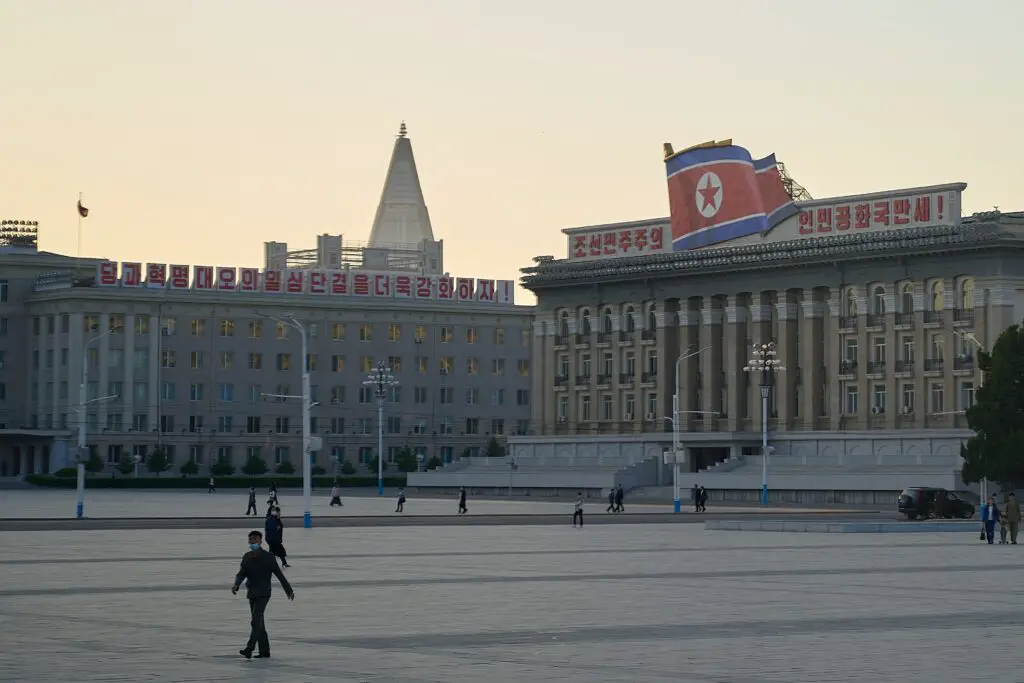
For a while, North Korea ran on its very own “Pyongyang Time.” In 2015, they set their clocks back 30 minutes from South Korea and Japan, creating a unique time zone that only they used. It was a symbolic move meant to mark independence from colonial rule, specifically from when Korea was under Japanese control.
However, they reversed that decision in 2018, aligning once again with South Korea. It was a goodwill gesture during a moment of diplomatic optimism. Still, that brief period of Pyongyang Time shows how deeply political timekeeping can be. It’s not just about clocks, it’s about identity and autonomy. North Korea quite literally moved time to make a statement.
6. India
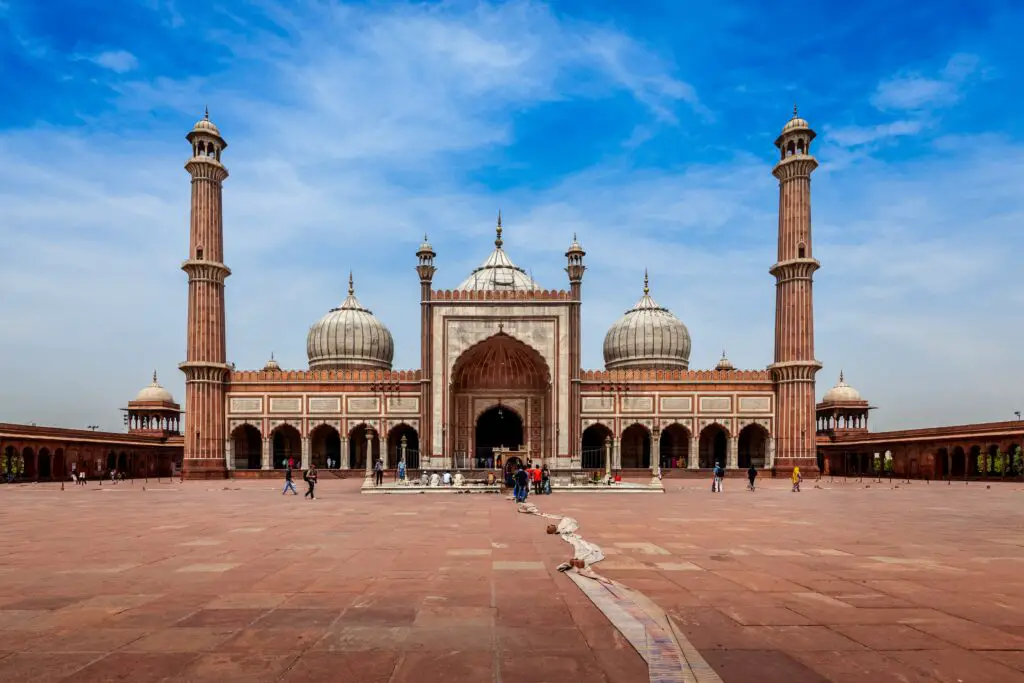
India spans a huge landmass, but the whole country runs on a single time zone: Indian Standard Time (IST), which is UTC +5:30. That half-hour difference already makes it unique, but things get more complicated when you realize how far west and east India stretches. In the northeast, the sun can rise as early as 4 a.m., but schools and offices still start at the same “IST” as in Mumbai.
There’s been a long-running debate about whether India should adopt a second time zone, especially for the northeastern states. Some regions have taken matters into their own hands and informally observe “Chaibagaan time,” which is one hour ahead. It’s a great example of how local communities can bend national rules to fit real life. In India, the sun and the clock are often out of sync, but people make it work.
7. Venezuela

In 2007, then-president Hugo Chávez decided to shift Venezuela’s time zone by half an hour, making it UTC -4:30. The reasoning? To help children get to school with more daylight in the morning. It was a rare example of time being changed with kids in mind, not commerce or politics.
Then in 2016, the government switched it back to UTC -4:00 to deal with the country’s energy crisis. These kinds of time shifts have real effects on people’s routines, from work hours to prayer schedules. When the government moves the clock, everyday life has to adjust quickly. In Venezuela, time is clearly flexible, and sometimes even reversible.
8. Myanmar

Myanmar runs on Myanmar Standard Time, which is UTC +6:30. That puts them in a very small club of countries that use a half-hour offset. But what’s even more fascinating is that this time zone has its roots in colonial history and astronomy.
The meridian that defines Myanmar’s time is based on the old British colonial capital, Yangon. It’s a lasting imprint of an empire long gone, but it continues to structure modern life. Many locals still rely more on natural rhythms and religious routines than on clocks. In Myanmar, time has layers—historic, spiritual, and practical—all coexisting.
9. Saudi Arabia
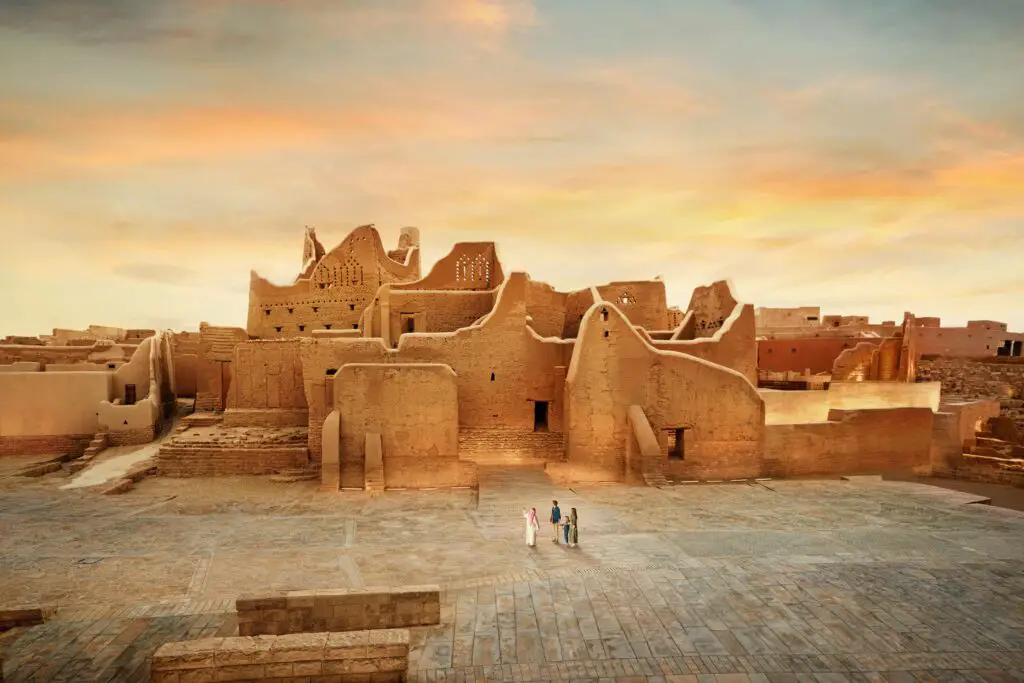
In Saudi Arabia, time takes a backseat to religion. The Islamic prayer schedule, based on the position of the sun, shapes the daily rhythm. That means prayer times shift slightly every day, and everything from store hours to business meetings can revolve around them.
During Ramadan, the concept of time changes completely. Nights become active, days are quieter, and work schedules are often adjusted to support fasting. For Saudis, time is more than just numbers on a clock—it’s tied to faith and tradition. While modern life ticks on, spiritual timekeeping continues to guide much of daily life.
10. Japan

Japan officially runs on a single time zone—Japan Standard Time—but culturally, time here is treated with a unique level of precision and symbolism. Being even a few minutes late is often seen as disrespectful, and trains are famously punctual down to the second. If a train departs even 30 seconds early, there might be a public apology.
But Japan also has a more poetic relationship with time, especially in the way they celebrate seasons and fleeting moments. Cherry blossom season, for example, is cherished because it represents impermanence. That balance between hyper-precision and emotional symbolism gives Japan a very layered sense of time. It’s both rigid and reflective.
11. China
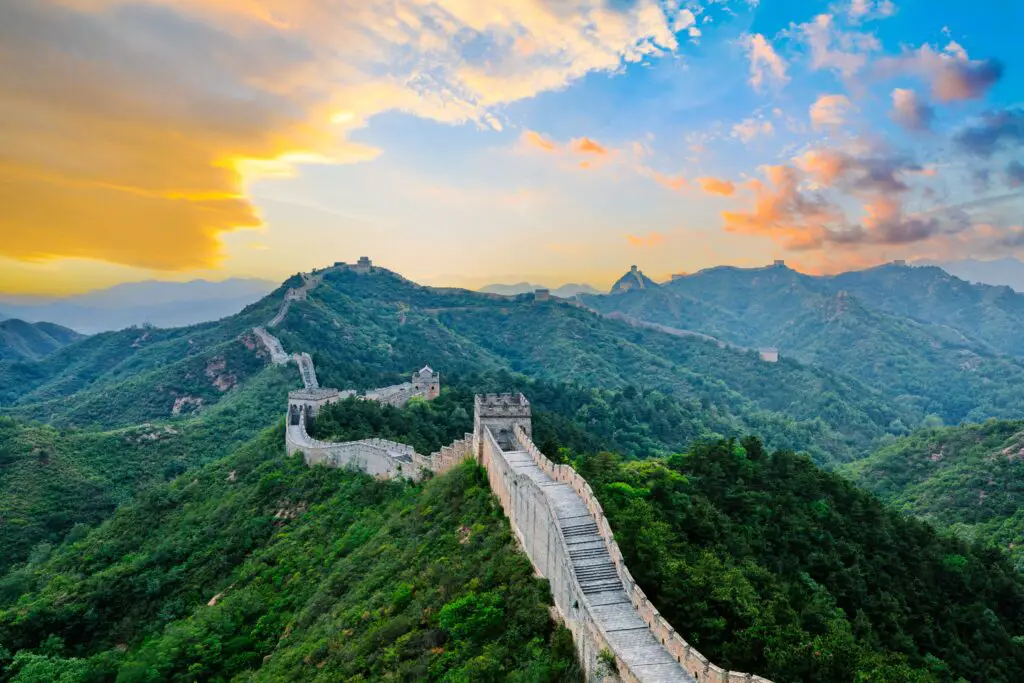
Despite covering five geographical time zones, all of China officially runs on Beijing time—UTC +8. That means in far western regions like Xinjiang, the sun might not rise until 10 a.m. But everything still operates on the same schedule as the capital, creating a strange disconnection between clock time and actual daylight.
Locals in Xinjiang often follow an informal “Xinjiang time,” which is two hours behind the official time. This quiet resistance shows how people adapt when the standard doesn’t fit their reality. China’s approach makes national unity easier but complicates daily life in outer regions. It’s one of the most extreme examples of political timekeeping in the world.
12. Indonesia
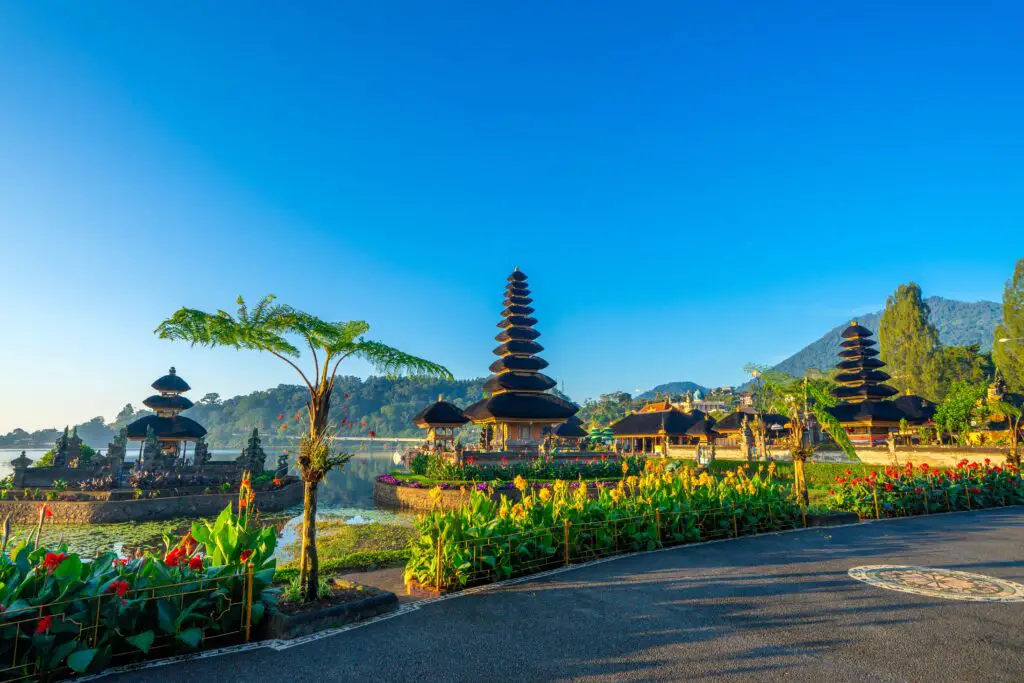
Indonesia spans three official time zones: Western, Central, and Eastern Indonesia Time. But what makes it even more interesting is how casually people treat time within those zones. There’s even a phrase—jam karet—which literally means “rubber time.” It reflects a cultural view that time is stretchy and flexible, not rigid and rushed.
Showing up late to social events isn’t usually seen as rude, and schedules are more like suggestions. In business or government settings, punctuality matters more, but everyday life flows more freely. It’s a very different rhythm from places that value the clock above all else. In Indonesia, people make time work for them, not the other way around.
